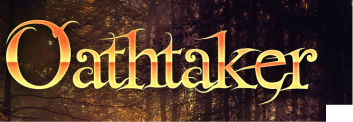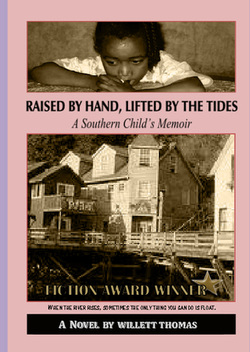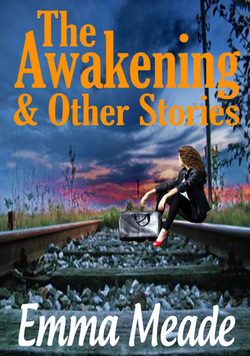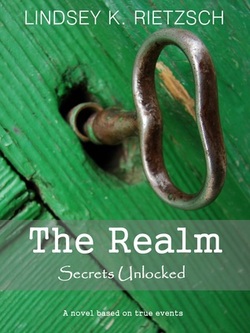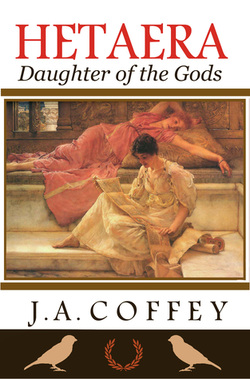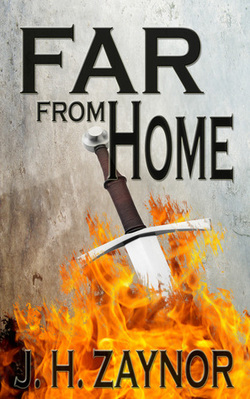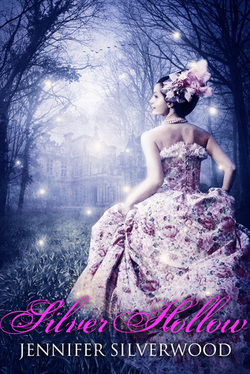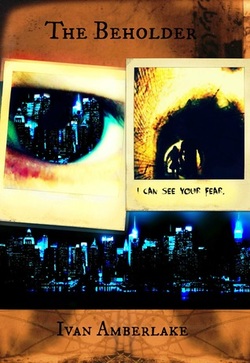
At the outset, I note that there were few editing/grammar errors and thus, they are not accounted for in this review.
I suppose I would categorize The Beholder as urban fantasy. It is set in New York and its surrounds. The main character, Jason, is the “Beholder,” a magic figure of some sort. At the very end, we read that Jason “finally understood that there was no one stronger or quicker in the whole world” (than himself). Yet, this reader would like to have known why Jason was so different from others and how that came to be the case. Having said that, the magic elements, to the best of my knowledge, have not been done before, and I give Amberlake a great deal of credit for having created something new.
Perhaps the biggest downside for me was that I was not convinced of the relationships between people. I was told that Jason was so close to his friends Matt and Debbie, that his connection to them caused “Soulfusion,” a bond stronger than the bond of twins. However, I never really “felt” the connection, nor did I find any particular reason for why the three were deemed so close to one another. Yes, they were friends, but that seemed to be it. Likewise, Jason notes that Matt has a thing for Debbie, but at the end of the story, when Debbie is upset because she thinks Tyler has died, pleads as she sobs for Tyler not to leave her, then falls into a deep depression when Tyler goes away for a time, Matt doesn’t seem the least bit bothered. Indeed, upon Tyler’s return and Debbie’s clear choice of Tyler over Matt, Matt merely “exchanged a laughing glance with Jason.” Similarly, I thought Jason’s sudden and strong attraction to Emily was believable, but then, just days later, when “it dawned on him how empty and meaningless his life would become if she wasn’t in it,” or when Emily thought, “[i]f I lose him there will be no reason for me to live,” the attractions and bonds of one to the other seemed forced on me. I simply didn’t believe them.
Occasionally, some things seemed odd and inconsistent to me, like why Jason and Emily flew somewhere by plane, given that Emily had the power to take Jason from place to place instantly. In this regard, at times, it seemed that the magic power or ability that was needed was introduced and used just as and when it was needed.
Amberlake drew some engaging word pictures, such as for example: “The army of buildings in downtown Manhattan stood like a line of jagged teeth, piercing the inky heavens, with bright lights reflected in the puddles at their feet, the only vestiges of the morning’s rain.” (Buildings looking like “teeth” is a new one for me.) Another example: “The old man’s face was distorted into a queer mix of rage and smug satisfaction. . . .” (I think I’ve seen that look before!) Finally, consider: “He lay in a dark room thick with the smell of neglect.” (I think I know that smell.)
Amberlake created an interesting world in which “energy is the fifth element, the quintessence pervading all the other elements,” (namely, earth, air, water and fire), the enemy has a great name (Pariah), people are either Sighted or Unsighted, and the reader travels to a number of places with the principal characters. All in all, fans of urban fantasy are sure to enjoy The Beholder.
